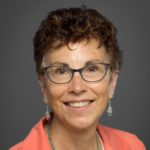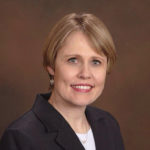Welcome to the new MinneTESOL Journal!
Since 1981, MinneTESOL has published a journal featuring the research and writing of local scholars and teachers. Over those years, the journal has changed and grown to meet the needs of members and the changing landscape of our field. We are proud to announce the newest chapter in the history of our MinneTESOL Journal, one that builds on the great work of the many others who came before.
For the new journal, we began by asking members about their interests and use of the journal. Members asked for more frequent publications, and a place for local scholars to publish research that was peer-reviewed as well as a place for practitioner-focused, teacher-authored content. Members wanted more interaction in the online environment, with practical articles and easy ways to share and use what they learn. We’ve responded by making some important changes to the MinneTESOL Journal:
- Creation of an Editorial Board for guidance on format and content of the Journal.
- Online, interactive format that will allow for the use of more multimedia, discussion of topics, and easy sharing of articles.
- New guidelines for shorter, more conversational-style articles.
- Publications two times per year:
- A fall/winter issue on any topic of interest to members with manuscripts blind, peer reviewed as in the past.
- A spring/summer issue on a specific theme (identified by members), with manuscripts reviewed by members of the Journal Editorial Board.
Framing the Issue
The Spring/Summer 2014 issue of the new MinneTESOL Journal is a themed issue centered on the important topic of Academic Language and Skills. Academic Language and Skills are “words and phrases that describe content-area knowledge and procedures, express complex thinking processes and abstract concepts, and create cohesion and clarity in written and oral discourse” (Zwiers, 2005, p. 60). This includes understanding of appropriate language functions, register, or other skills that English language learners need to thrive where language demands are complex, whether in schools, community, or workplace. The issue of the journal features three categories of articles:
Invited submissions from three leaders in the field who share their expertise on the topic of Academic Language and Skills. First, Kate Kinsella kindly allowed us to reprint an article from Language Magazine that stresses the importance of working together to demystify academic competencies and related language. Susan Ranney, Elizabeth Dillard-Paltrineri, Caroline Maguire, and Miranda Schornack argue the importance of designing language objectives for content-based lessons in order to bring about a balance of language, literacy and content in instruction. Finally, Bonnie Swierzbin shares her insights about the importance of understanding the complexity of noun phrases in reading text and why this is important for teaching academic language.
We also have articles submitted for review by the Editorial Board. These excellent submissions focus on partnerships with teachers to help English learners thrive in the science classroom, the development of critical thinking and academic language for adults moving into post-secondary education, the value of a multiple literacy approach that support students’ use of literacy skills to complete realistic tasks in an authentic academic context, the importance of teaching common rhetorical patters for academic prose and an approach to teaching paraphrasing through poetry.
In each spring issue we will invite the MinneTESOL Harold B. Allen award winners to reflect on their experiences with ESL, the lessons they have learned, and the issues that still plague us. The award, announced at the fall conference to recognize members for their service to MinneTESOL and the field, include the 2012 winner, Rosemary Sharkey, and the two 2013 winners, Patsy Vinogradov and Ann Mabbott. All share their wisdom, ideas and experiences with readers.
It’s been a busy and exciting time remaking the journal. There are certain to be bugs, and we appreciate your patience as we work through these. Please share your ideas with us for fixes and improvements. A heartfelt thank you to the MinneTESOL Journal Editorial Board members for their hard work, especially to Kate Clements as our Journal web editor. We couldn’t have come this far without her! Thanks to the MinneTESOL Board for their support of this journal remake. Thank you, finally, to our authors for taking the time to write and share their ideas with others. Please take the time to read, comment and share the articles in the Spring/Summer 2014 MinneTESOL Journal. Enjoy!
Kim Johnson and Anne Dahlman
MinneTESOL Journal Senior Co-editors











